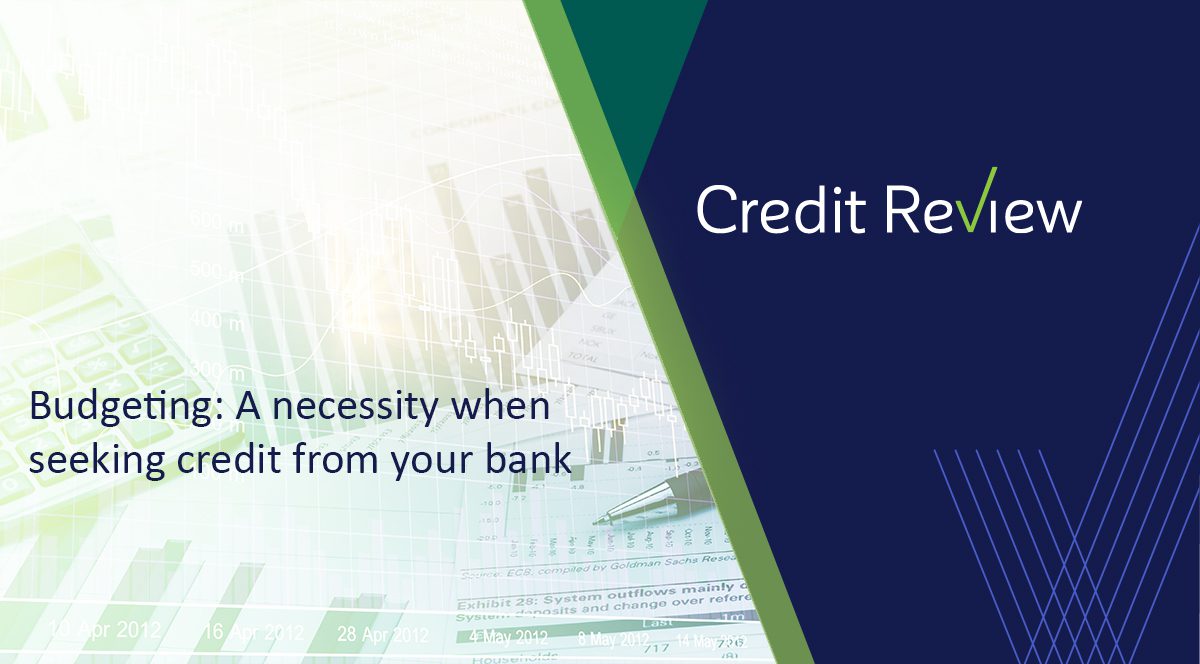Budgeting : a necessity when seeking credit from your bank

In the week that the Government launches Budget 2024, it’s equally important for you to address financial planning for your business. Budgeting and financial planning is crucial for businesses, especially when seeking credit or financing from external sources such as banks, investors, or lenders. Catherine Collins, Head of Credit Review, explains why.
Demonstrate Financial Capability: Creating a budget showcases your financial capability. It indicates that you have a clear understanding of your revenue, expenses, and cash flow, and you’re actively managing them.
Risk Mitigation: A well-thought-out budget helps identify potential financial risks and allows you to take preventive actions before they become major issues. Lenders and investors are more likely to support businesses that can show they’ve considered and addressed these risks.
Need for Money: When applying for credit, you need to specify the exact amount you need – the days of seeing what a bank will lend are long gone. A budget helps you determine the amount of credit you require based on your financial projections, ensuring you don’t over- or under-borrow, which can affect your business’s financial health.
Repayment Planning: Most importantly lenders want to know how you’ll repay the credit they extend to you. A budget helps you map out your repayment plan, demonstrating that you have the means to pay back the borrowed funds. The bank needs to see you can make repayments – your plan shows them how.
Steps to follow when creating a budget for your business:
Set Financial Goals: Define your financial objectives, such as revenue targets, profit margins, and expense reduction goals. This will guide your budget planning.
Project Revenue: Estimate your future income, which can be based on past performance, or future potential – it needs to be backed up by market research into potential sales.
List Expenses: Identify all your business expenses, including fixed costs (rent, utilities) and variable costs (materials, labour). Be thorough and realistic in your estimates.
With the help of the above create a Cash Flow Forecast: Project your cash flow by considering when you’ll receive income and when you’ll need to make payments. This helps you anticipate cash shortages and most importantly to plan for them by seeking appropriate credit.
If you’re unfamiliar with budgeting or need assistance, consider consulting with a financial advisor or accountant who can provide guidance and ensure your budget is well-structured. By having a solid budget in place, your business can make informed financial decisions, manage resources effectively, and present a compelling case to lenders when seeking credit or restructuring existing credit.
Getting Help from Credit Review
We encourage all business borrowers who feel they have a viable business and are having difficulty accessing credit to contact Credit Review. We provide an independent appeals process, reviewing credit and loan refusals by the banks and helping businesses that have been refused loans, had credit facilities reduced or need to change the structure or term of their loans.
For more information on our appeals process and information services, visit www.creditreview.ie or call our helpline on 0818 211789.
Related Posts
Struggling to Secure Credit Finance for Your Commercial Vehicle?
Are you a commercial fleet operator facing challenges in securing the credit finance you need to keep your business moving? We understand the financial hurdles that need to be...
Having difficulties securing credit to expand your hotel or restaurant?
In the current economic landscape, hoteliers and restaurant owners can struggle to access the funds needed for growth. A detailed and compelling business plan highlighting your...



